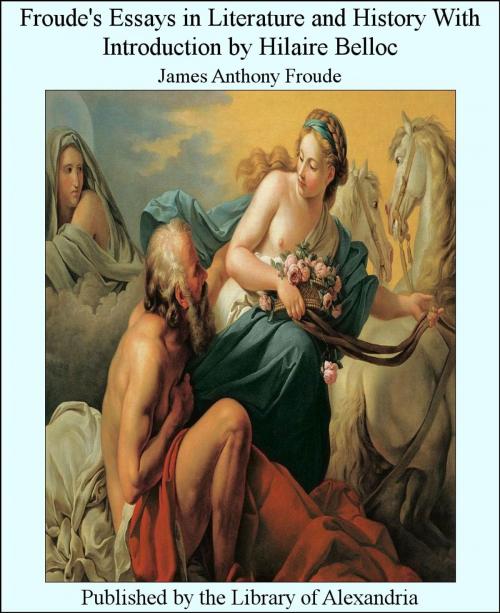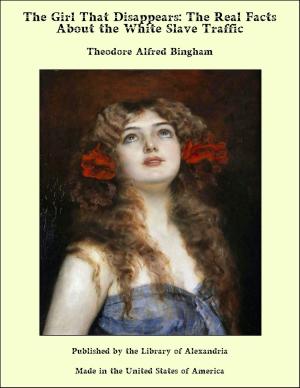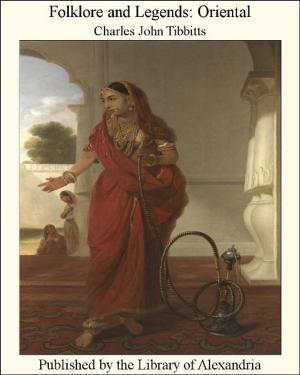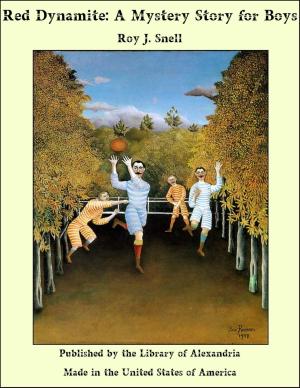Froude's Essays in Literature and History With Introduction by Hilaire Belloc
Nonfiction, Religion & Spirituality, New Age, History, Fiction & Literature| Author: | James Anthony Froude | ISBN: | 9781465520388 |
| Publisher: | Library of Alexandria | Publication: | March 8, 2015 |
| Imprint: | Language: | English |
| Author: | James Anthony Froude |
| ISBN: | 9781465520388 |
| Publisher: | Library of Alexandria |
| Publication: | March 8, 2015 |
| Imprint: | |
| Language: | English |
Froude had this merit—a merit he shared with Huxley alone of His contemporaries—that he imposed his convictions. He fought against resistance. He excited (and still excites) a violent animosity. He exasperated the surface of his time and was yet too strong for that surface to reject him. This combative and aggressive quality in him, which was successful in that it was permanent and never suffered a final defeat should arrest any one who may make a general survey of the last generation in letters. It was a period with a vice of its own which yet remains to be detected and chastised. In one epoch lubricity, in another fanaticism, in a third dulness and a dead-alive copying of the past, are the faults which criticism finds to attack. None of these affected the Victorian era. It was pure—though tainted with a profound hypocrisy; it was singularly free from violence in its judgments; it was certainly alive and new: but it had this grievous defect (a defect under which we still labour heavily) that thought was restrained upon every side. Never in the history of European letters was it so difficult for a man to say what he would and to be heard. A sort of cohesive public spirit (which was but one aspect of the admirable homogeneity of the nation) glued and immobilised all individual expression. One could float imprisoned as in a stream of thick substance: one could not swim against it. It is to be carefully discerned how many apparent exceptions to this truth are, if they be closely examined, no exceptions at all. A whole series of national defects were exposed and ridiculed in the literature as in the oratory of that day; but they were defects which the mass of men secretly delighted to hear denounced and of which each believed himself to be free. They loved to be told that they were of a gross taste in art, for they connected such a taste vaguely with high morals and with successful commerce. There was no surer way to a large sale than to start a revolution in appreciation every five years, and from Ruskin to Oscar Wilde a whole series of Prophets attained eminence and fortune by telling men how something new and as yet unknown was Beauty and something just past was to be rejected, and how they alone saw truth while the herd around them were blind. But no one showed us how to model, nor did any one remark that we alone of all Europe had preserved a school of water-colour. So in politics our blunders were a constant theme; but no one marked with citation, document, and proof the glaring progress of corruption, or that, for all our enthusiasm, we never once in that generation defended the oppressed against the oppressor
Froude had this merit—a merit he shared with Huxley alone of His contemporaries—that he imposed his convictions. He fought against resistance. He excited (and still excites) a violent animosity. He exasperated the surface of his time and was yet too strong for that surface to reject him. This combative and aggressive quality in him, which was successful in that it was permanent and never suffered a final defeat should arrest any one who may make a general survey of the last generation in letters. It was a period with a vice of its own which yet remains to be detected and chastised. In one epoch lubricity, in another fanaticism, in a third dulness and a dead-alive copying of the past, are the faults which criticism finds to attack. None of these affected the Victorian era. It was pure—though tainted with a profound hypocrisy; it was singularly free from violence in its judgments; it was certainly alive and new: but it had this grievous defect (a defect under which we still labour heavily) that thought was restrained upon every side. Never in the history of European letters was it so difficult for a man to say what he would and to be heard. A sort of cohesive public spirit (which was but one aspect of the admirable homogeneity of the nation) glued and immobilised all individual expression. One could float imprisoned as in a stream of thick substance: one could not swim against it. It is to be carefully discerned how many apparent exceptions to this truth are, if they be closely examined, no exceptions at all. A whole series of national defects were exposed and ridiculed in the literature as in the oratory of that day; but they were defects which the mass of men secretly delighted to hear denounced and of which each believed himself to be free. They loved to be told that they were of a gross taste in art, for they connected such a taste vaguely with high morals and with successful commerce. There was no surer way to a large sale than to start a revolution in appreciation every five years, and from Ruskin to Oscar Wilde a whole series of Prophets attained eminence and fortune by telling men how something new and as yet unknown was Beauty and something just past was to be rejected, and how they alone saw truth while the herd around them were blind. But no one showed us how to model, nor did any one remark that we alone of all Europe had preserved a school of water-colour. So in politics our blunders were a constant theme; but no one marked with citation, document, and proof the glaring progress of corruption, or that, for all our enthusiasm, we never once in that generation defended the oppressed against the oppressor















